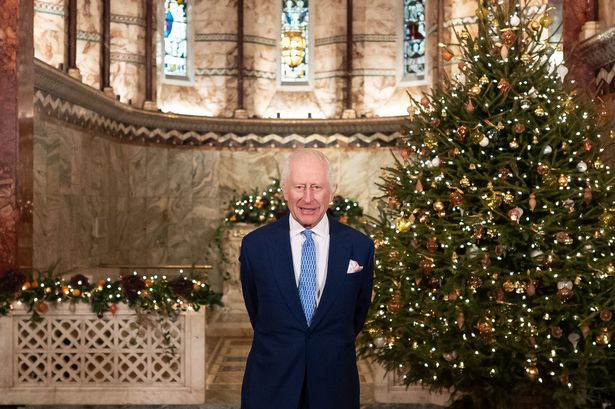The fatal stabbings of three young girls in Southport sent shockwaves through the community and ignited a series of riots that laid bare deep-seated tensions and frustrations. The senseless violence and tragic loss of young lives triggered an outpouring of grief and anger, leading to public disturbances that challenged the fabric of community cohesion. In the aftermath, King Charles III addressed the nation, expressing a profound sense of pride in the way communities across the UK responded to the unrest. While acknowledging the pain and anger that fuelled the initial outbursts, he emphasized the remarkable resilience and unity demonstrated by individuals and organizations working tirelessly to restore peace and address the underlying issues that contributed to the violence. His message highlighted the importance of community, dialogue, and collaborative efforts to heal the wounds left by the tragedy and prevent similar incidents from occurring in the future.
The riots that followed the Southport stabbings were characterized by a complex interplay of factors, including grief, anger, social inequality, and existing societal tensions. The tragic deaths of the young girls acted as a catalyst, igniting a volatile mix of emotions that erupted into public disorder. While some individuals engaged in destructive acts of vandalism and violence, many others responded with peaceful protests and community-led initiatives aimed at promoting understanding and reconciliation. The response to the riots became a microcosm of the broader societal challenges facing the UK, highlighting the need for comprehensive approaches to address issues of social injustice, inequality, and disenfranchisement. The King’s message of pride underscored the crucial role played by community organizations, local leaders, and individuals in navigating the aftermath of the tragedy and working towards healing and positive change.
King Charles’ expression of pride stemmed from witnessing the numerous examples of communities coming together to address the root causes of the unrest. Local organizations mobilized to provide support and resources to those affected by the violence, while community leaders facilitated dialogues to foster understanding and bridge divides. Volunteers worked tirelessly to clean up damaged areas and rebuild community spaces, symbolizing the collective determination to overcome adversity and create a more positive future. The King recognized the critical role played by these individuals and organizations in restoring a sense of hope and resilience within the affected communities. His words served as a powerful affirmation of the human capacity for compassion, empathy, and collective action in the face of challenging circumstances.
The King’s message extended beyond acknowledging the immediate response to the riots. He emphasized the importance of addressing the underlying issues that contributed to the unrest, including social inequality, lack of opportunity, and disenfranchisement. He called for a concerted effort to address these systemic problems through long-term initiatives focused on education, job creation, and community development. By highlighting these broader societal challenges, the King underscored the need for a multi-faceted approach to healing and preventing future outbreaks of violence. His message served as a call to action, urging individuals, communities, and government institutions to work collaboratively to create a more just and equitable society.
The King’s words resonated deeply with many individuals and organizations across the UK, reinforcing the importance of community-led initiatives and collaborative efforts to address complex social problems. His message of pride served as a powerful reminder of the strength and resilience found within communities, even in the face of tragedy and adversity. By acknowledging the positive responses to the riots, he highlighted the potential for positive change and encouraged ongoing efforts to build stronger, more inclusive communities. The King’s words offered a message of hope and inspiration, emphasizing the collective responsibility to create a more just and peaceful society for all.
The aftermath of the Southport stabbings and the subsequent riots presented a critical juncture for the UK. The King’s message of pride in the community response, coupled with his call for addressing underlying social issues, served as a roadmap for moving forward. The events underscored the importance of investing in community development, promoting dialogue and understanding, and fostering a sense of shared responsibility for creating a more just and equitable society. The King’s words provided a framework for healing, reconciliation, and positive change, emphasizing the power of collective action and the enduring resilience of the human spirit. The tragedy and its aftermath served as a stark reminder of the urgent need to address the root causes of social unrest and build stronger, more inclusive communities for the future.














